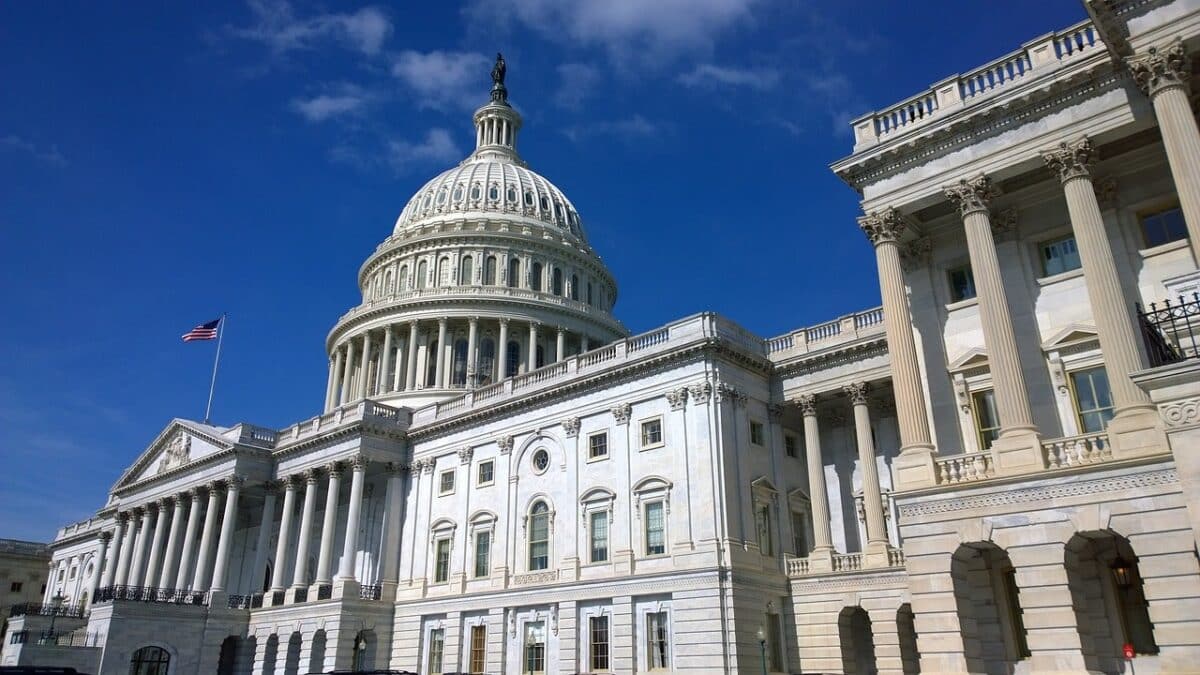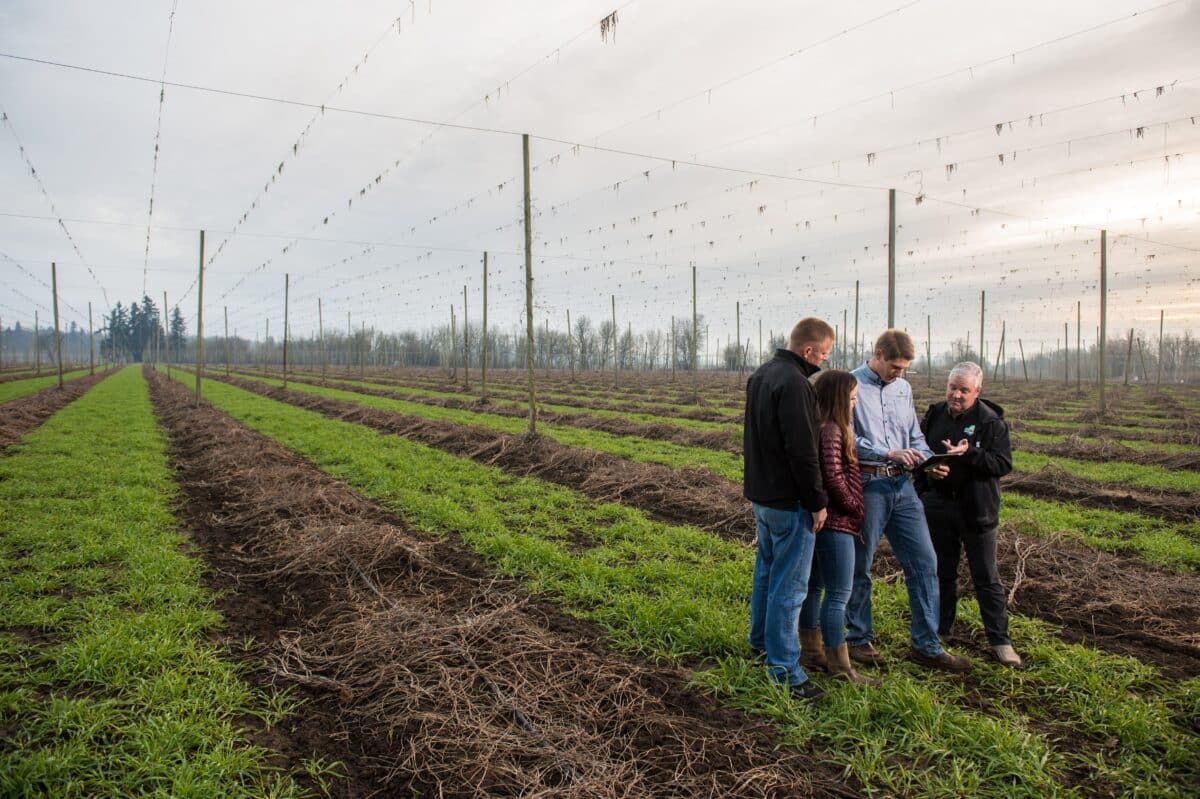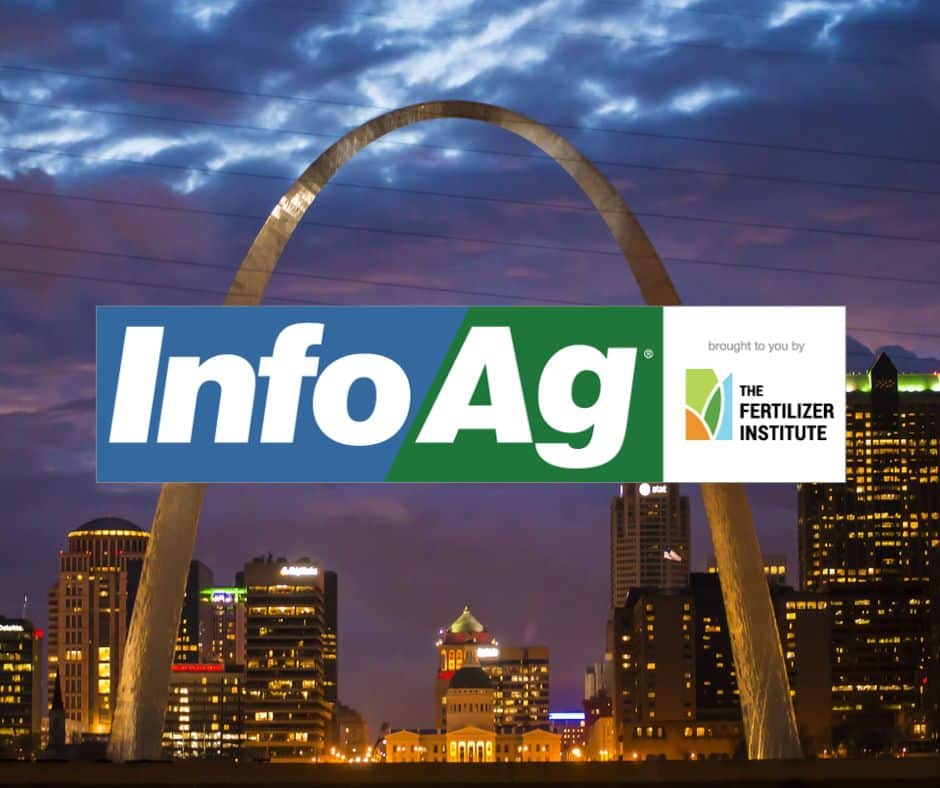TFI Applauds Biostimulant Legislation

Arlington, VA – The Fertilizer Institute (TFI) President and CEO Corey Rosenbusch today praised Congress for introducing the Plant Biostimulant Act. Introduced by Representatives Jimmy Panetta (D-CA-19) and Jim Baird (R-IN-4) and Senators Alex Padilla (D-CA) and Mike Braun (R-IN), the Plant Biostimulant Act will support the adoption of biostimulants by farmers and provide clarity to the emerging marketplace.
“Biostimulants are a relatively new innovation in agriculture,” Rosenbusch explained. “There is great potential in these products, but as with any new technology there are hurdles.”
Among the biggest of the hurdles mentioned by TFI’s Rosenbusch are the lack of a clear and consistent definition for “biostimulant” and the fact that there is no uniform framework to regulate them as plant nutrition products.
“The lack of a regulatory framework inhibits research and puts the US behind Europe in product development,” Rosenbusch said. “Other countries are regulating biostimulants through a fertilizer lens and finding success. We are hitting a roadblock right out of the gate and need those guardrails to foster innovation, research, testing, and ultimately a path to market for these products.”
Biostimulants have the potential to enhance the existing environmental stewardship of growers and compliment 4R fertilizer practices.
“When we talk nutrient management, we are talking about minimizing losses to the environment, water quality, air quality, soil health, and all the other things important to the conservation and environmental communities. Biostimulants support environmental stewardship by improving the efficiencies of fertilizer application and soil health while also increasing crop yields,” Rosenbusch concluded. “With a growing population, demand for agricultural production continues to increase. The fertilizer industry is innovating to meet those demands and legislation like the Plant Biostimulant Act will allow that innovation to reach growers.”
###
The Fertilizer Institute (TFI) is the leading voice of the nation’s fertilizer industry. Tracing its roots back to 1883, TFI’s membership includes fertilizer producers, wholesalers, retailers and trading firms. TFI’s full-time staff, based in Washington, D.C., serves its members through legislative, educational, technical, economic information and public communication programs. Find more information about TFI online at TFI.org and follow us on Twitter at @Fertilizer_Inst. Learn more about TFI’s nutrient stewardship initiatives at nutrientstewardship.org and on Twitter at @4rnutrients.








